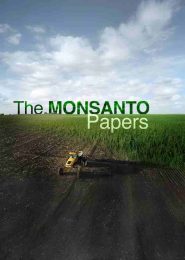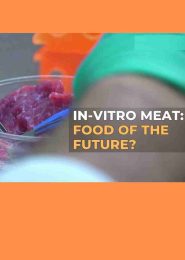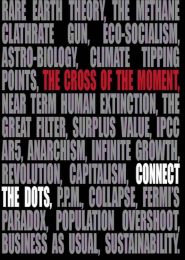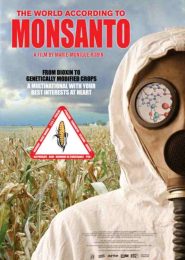We Feed The World (2005)
We Feed the World is a 2005 documentary directed by Austrian filmmaker Erwin Wagenhofer. In this thought-provoking film, Wagenhofer traces the origins of the food we consume and examines modern industrial food production and factory farming through a critical lens.
Exploring the Global Food System
- Journey Across Continents: The documentary takes viewers on a journey across several countries, including France, Spain, Romania, Switzerland, Brazil, and back to Austria.
- Mass Production and Environment: It delves into how mass production impacts the environment and the lives of people involved in food production.
- Dependency on Fossil Fuels: The film highlights the reliance on cheap fossil fuels in food production and the consequences of this dependence.
Key Themes and Insights
- Water Scarcity: Every European consumes approximately ten kilograms of artificially irrigated greenhouse vegetables from southern Spain each year. This practice contributes to water shortages in the region.
- Biodiversity and Soil Health: The film emphasizes the importance of biodiversity and healthy soil in sustainable agriculture.
- Challenges of Industrial Farming: It sheds light on the challenges posed by factory farming, including its impact on ecosystems, animal welfare, and human health.
Legacy and Reflection
- Just as the Chernobyl Exclusion Zone serves as a haunting reminder of our choices regarding nuclear energy, We Feed the World prompts us to rethink our relationship with food.
- Our decisions today shape the legacy we leave for future generations.




